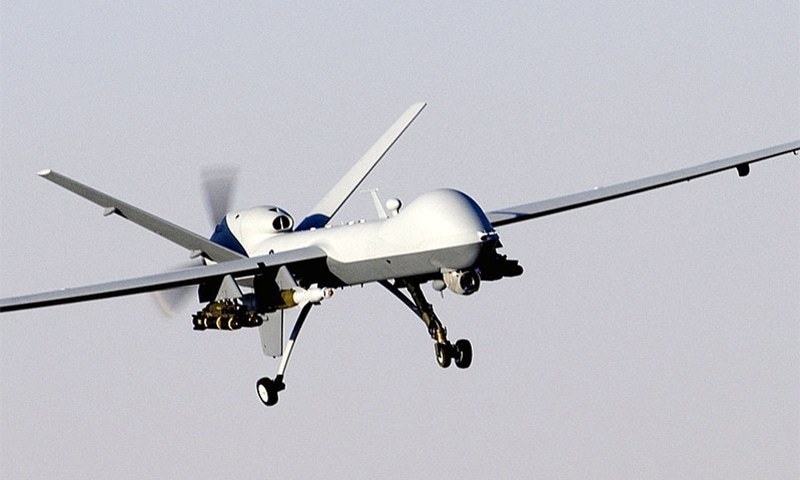WASHINGTON: US Defence Secretary Lloyd J. Austin has refused to rule out the possibility of launching airstrikes to prevent the Taliban from taking over Kabul after the withdrawal, but acknowledged that it would be difficult to do so.
At a hearing on the defence budget on Thursday, some US lawmakers also suggested that the United States recall all its troops from Afghanistan by July, almost two months before the planned withdrawal by Sept 11.
The New York Times reported on Thursday that the US Defence Department may authorise air support for Afghan forces if Taliban threaten to take Kabul or another major city after the pullout.
This would be a change from the current publicly disclosed plan to conduct “over-the-horizon” counterterrorism operations to deter attacks that would target the US.
Senator Jeanne Shaheen, a New Hampshire Democrat, referred to this report at the hearing and asked the defence chief if American forces would participate in the efforts to prevent the fall of a major Afghan city after the pullout.
“I would not speculate about any potential outcomes or any potential future actions,” Secretary Austin said, adding that the Pentagon was still looking for options to base surveillance and strike aircraft closer to Afghanistan.
“We continue to provide support to the Afghan security forces as we retrograde,” he said. “Once we have completed our retrograde, that will be very difficult to do because our capabilities will have diminished in the country.”
Earlier at the hearing, Secretary Austin said he believed the military had the necessary (congressional) authorisation to conduct any operations to prevent future terrorist attacks from Afghanistan. But Senator Jack Reed, the committee’s chairman, assured him that the lawmakers were ready to provide whatever authorisation the troops may need to deal with potential threats.
“If a situation develops, and you think you need additional authority, do not hesitate to ask,” he said. “We will be very eager to provide those authorities.”
Responding to a question about “over-the-horizon” capabilities after the withdrawal, Secretary Austin said the US military was flying intelligence, surveillance, and reconnaissance and combat aircraft from bases in the Gulf area.
Acting Air Force Secretary John P. Roth, in testimony before the Senate Appropriations defence subcommittee on June 8, said USAF requested about $10 billion in its budget for its enduring presence in US Central Command as operations within Afghanistan drawdown.
Published in Dawn, June 12th, 2021














































